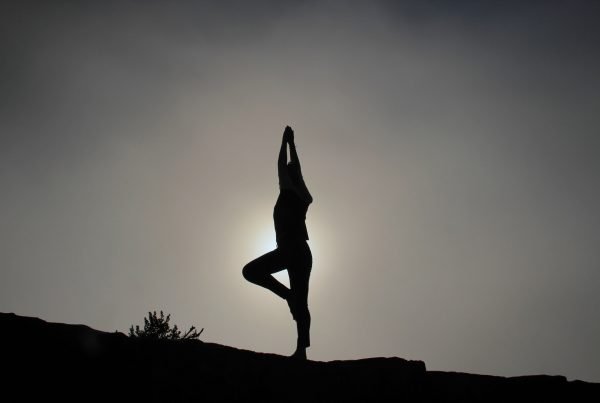Longevity Live Partner Content. In our increasingly connected world of virtual workplaces, family chats, exercise, and homeschooling, discussions of blue light and its potentially damaging effects on our overall health are at the forefront. But what should we watch out for, and what can we do about it?
What Is Blue Light?
Light is made up of various colors, of which blue emits the highest energy in the spectrum due to its short wavelength. In short, this means that blue light has the closest frequency to harmful ultraviolet light, which we already know we need to limit our exposure to as much as possible.
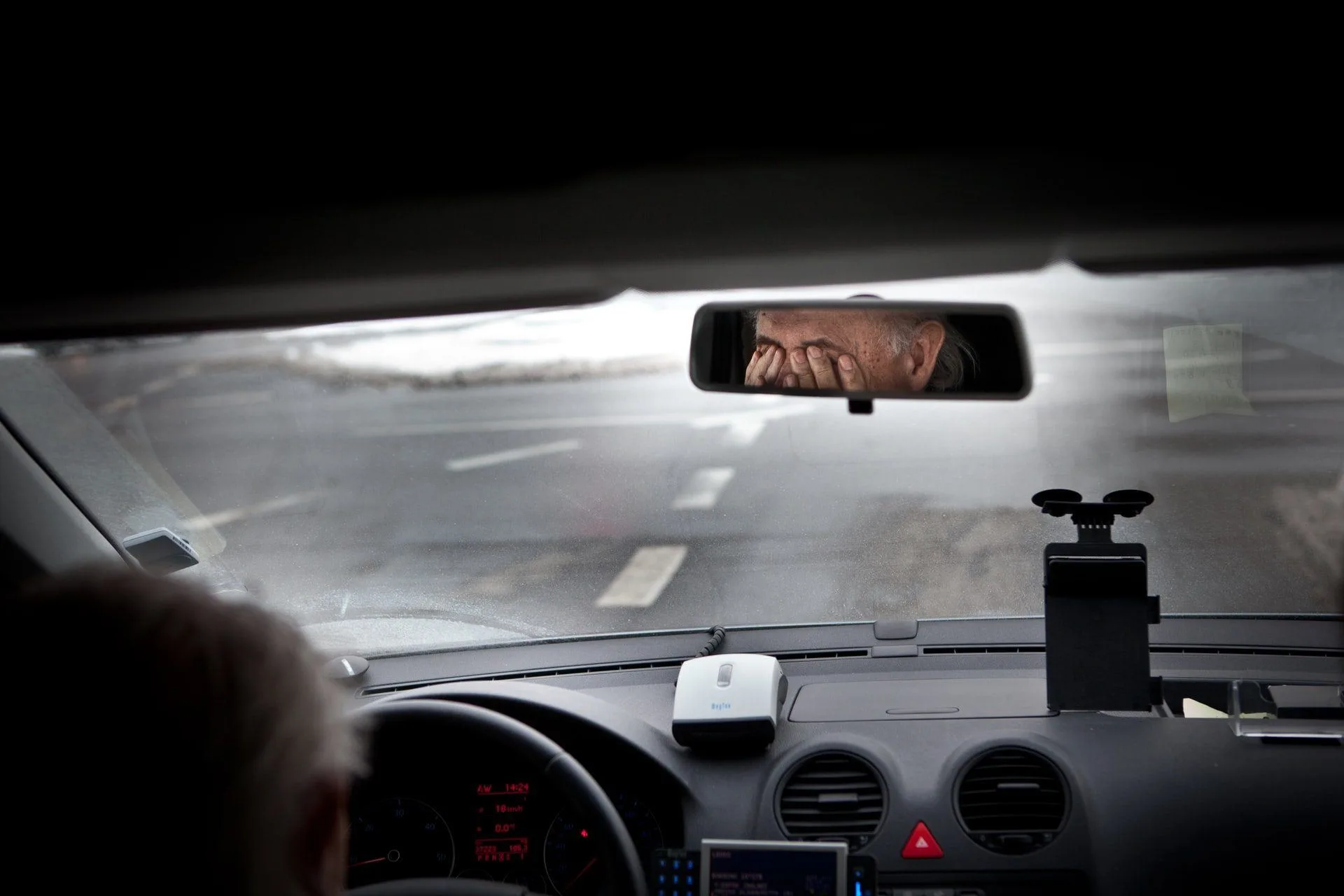
Photo by Johan Funke on Unsplash
How Does Blue Light Affect Our Health?
Exposure to blue light can affect us in many ways. Patients experience tension and pain in and around the eyes, headaches, and fatigue, leading to poor posture – especially prevalent among gamers, laptop users, and prolific phone users.
What Can You Do About Exposure To Blue Light?
There is a wealth of high-quality research on screen time exposure, with recommendations for children and adults. It is recommended that children under the age of 5 do not exceed more than one hour of screen time and a maximum of two hours for older children.
What we do know is that this is certainly not possible with the professional commitments and challenges brought to the world in 2020 by COVID-19, with adults spending more than 40% of their time per day on a display device.
How Do Blue Light Blocking Glasses Work?
Blue light glasses are treated to block the transmission of a variety of wavelengths emitted by electronics by filtering out blue light.
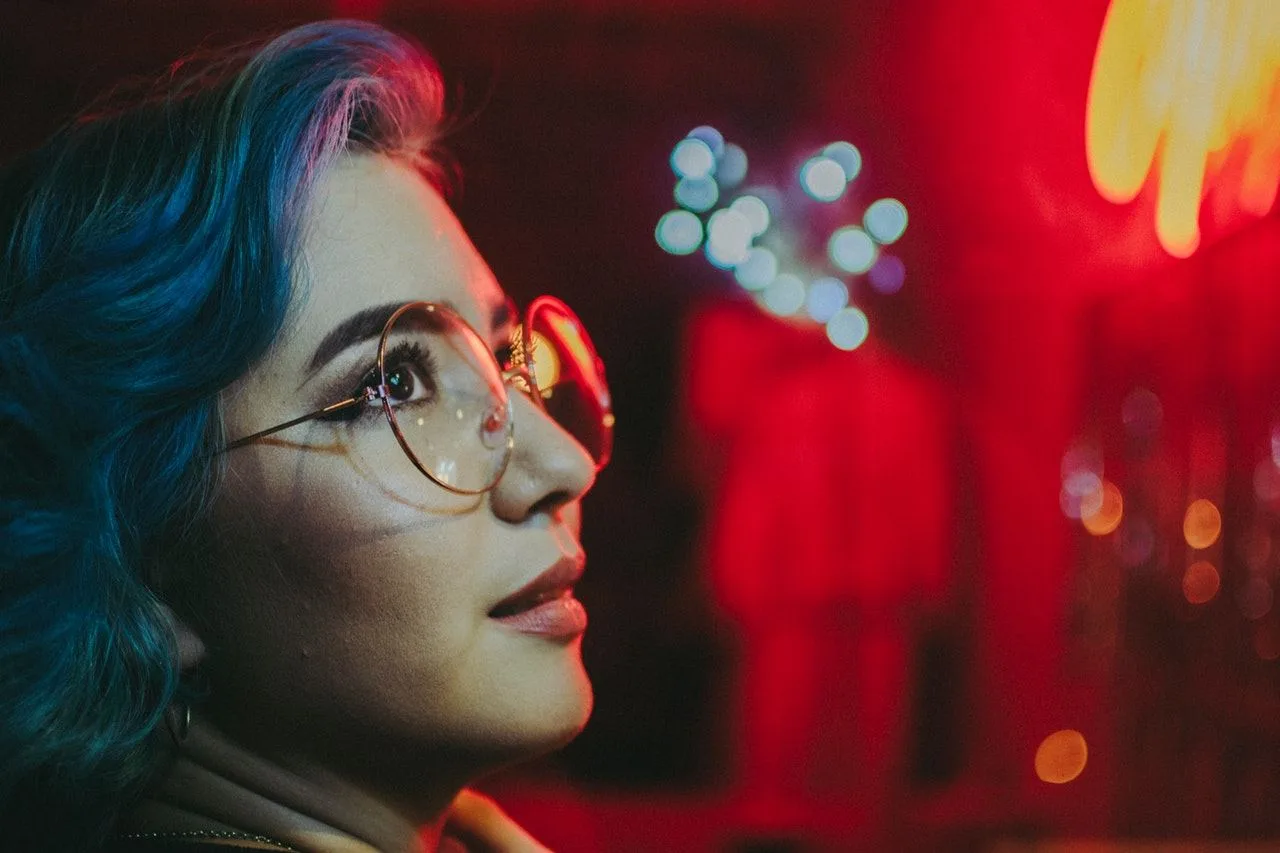
Photo by Davis Sanchez from Pexels
Often, these glasses are additionally coated to reduce glare and thus reduce eye strain.
Don’t let the blue light damage your eyes. Wear a pair of designer blue light spectacles to shield them from the sun. Blue light filter glasses are not only useful for prescription glasses wearers. You can easily purchase a pair of glasses with a blue light filter from SmartBuyGlasses. Here you will find all the best blue light glasses with suitable lenses at an incredible price.
How do blue light glasses help your eyes?
These glasses are very helpful for eye health. They are said to block or filter out the blue light given off from digital screens and can help reduce potential damage to your retina from prolonged exposure to blue light.
Long-Term Eye Protection
Keeping a sight state is something we don’t do too often. Now we know how to wear sunglasses in direct sunlight, almost generally. With the digital world that surrounds us more and more in frequency and format, protecting our eyes from the impact it can have seems like a simple step to maintain our long-term vision.
Prevents Eye Fatigue
Because of its short wavelength, blue light quickly penetrates the eyes, causing damage to the retina’s light-sensitive cells. After spending all day in front of a screen, blue light glasses can help you feel fresher. It has a soothing impact on your eyes, reducing eye strain and muscular fatigue.
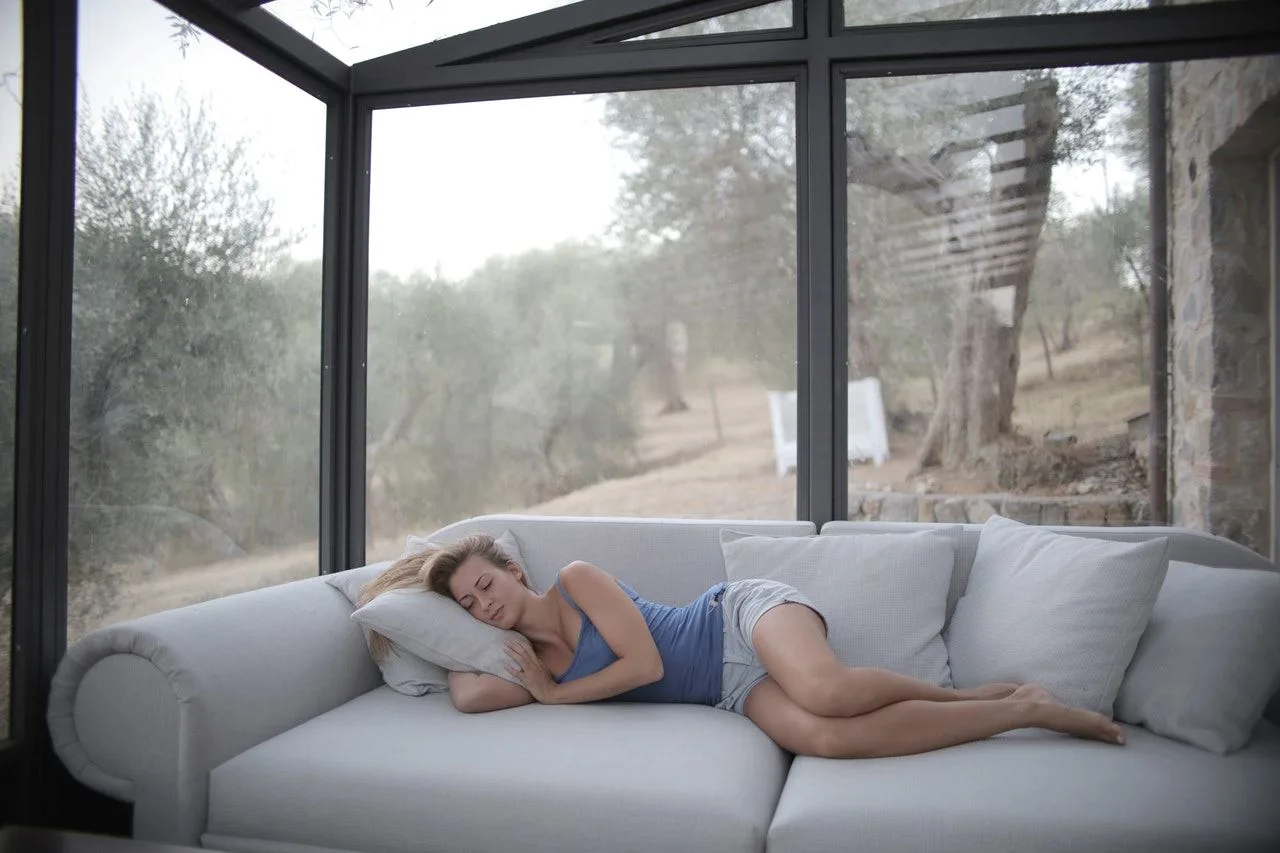
Photo by Andrea Piacquadio from Pexels
Improve Sleep
A pair of blue light filter glasses when using digital devices can help you in taking a healthy sleep. You can try to limit your screen time in the evening.
To enhance your sleep, but placing blue light filters on your computer and phone may be even easier, allowing you to use them at night if you really need to.
Prevents Dry Eyes
Dry eyes may seem like a minor ailment, but when you’re trying to focus or are about to drive after a few hours of work, gaming, or online networking, it’s not what you need. Also, more rubbing of your eyes due to dryness can make your eyes sore and touch your eyes a lot more than you should. The use of blue light spectacles can help to prevent eye dryness.
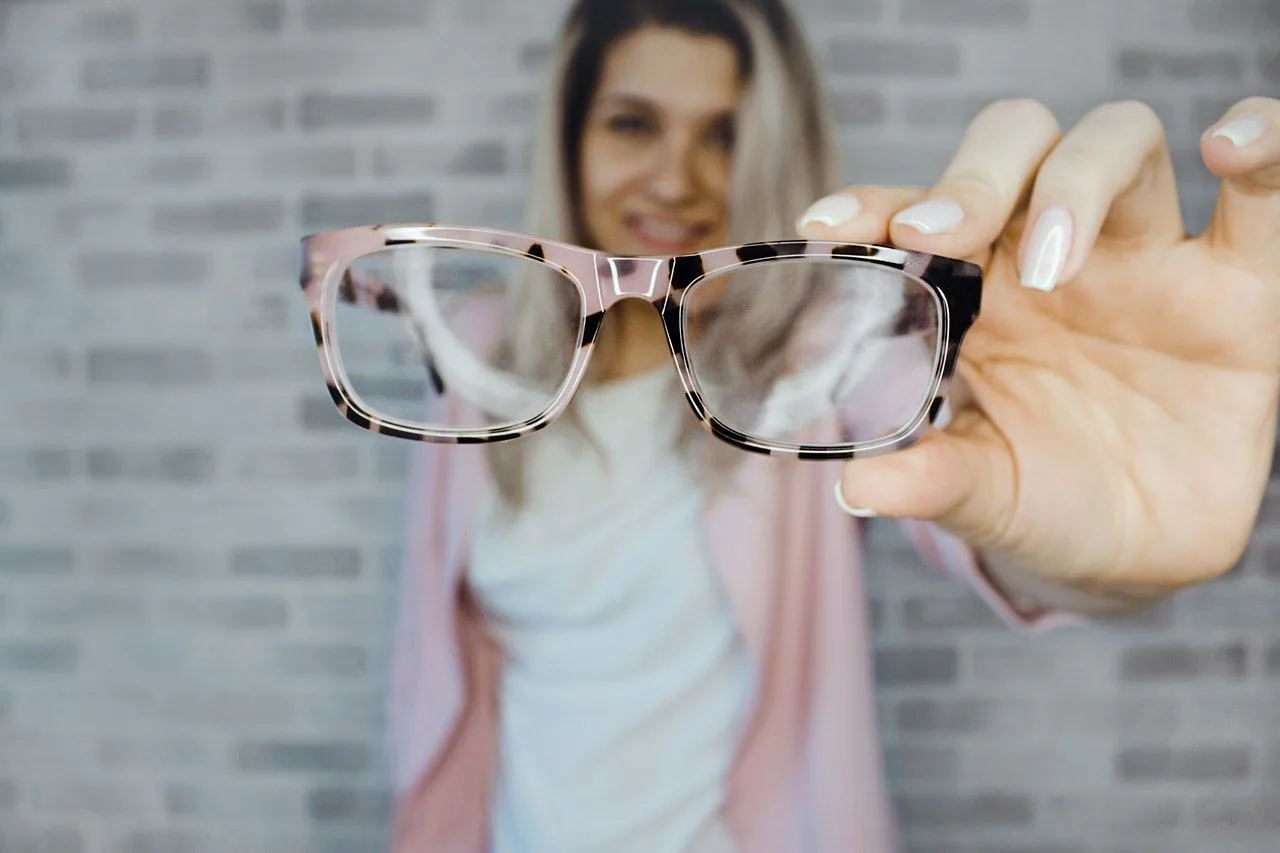


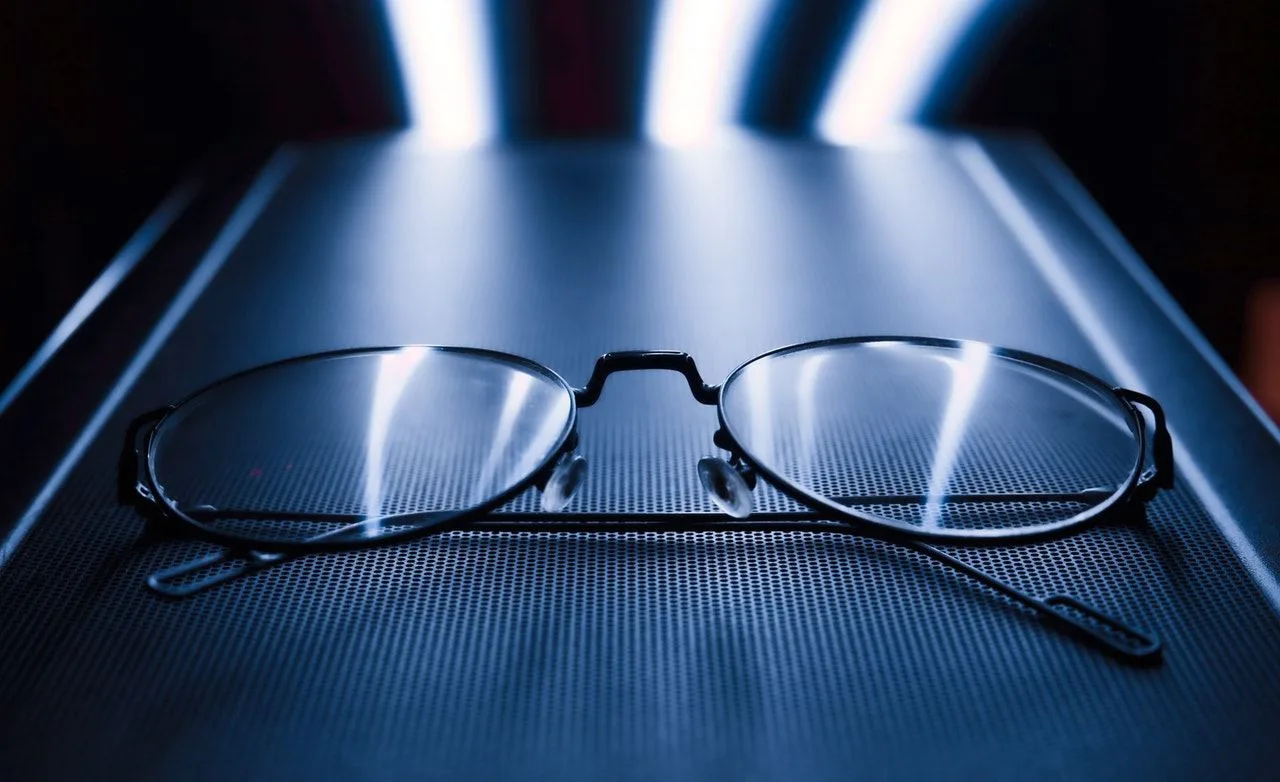
![women [longevity live]](https://longevitylive.com/wp-content/uploads/2020/01/photo-of-women-walking-down-the-street-1116984-100x100.jpg)







